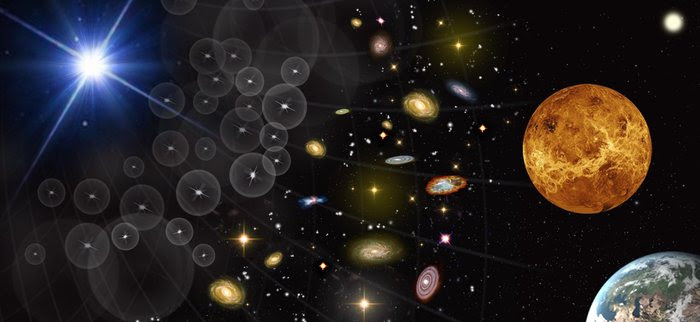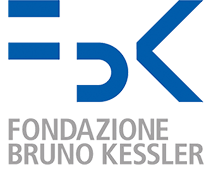
Credit: ESA
After a long and challenging competitive review process ESA selected 3 new mission concepts (out of 25 submitted) to be studied in detail in the next yearsfor a possible launch in 2032. One of these missions is EnVision, which has as final destination Venus. EnVision will contribute to answer the crucial question on the reasons for which Venus and Earth (the terrestrial planets) could have evolved so differently. It will determine the nature and current state of geological activity on Venus, and its relationship with the atmosphere. It will provide global image, topographic, and subsurface data at a resolution rivaling those available for Earth and Mars, inspiring the next generation of European scientists and engineers.
EnVision consists of an orbiter with three science payloads (Synthetic Aperture Radar, Subsurface Radar Sounder, IR mapper and IR and UV spectrometer suite) and a Radio Science investigation.
RSLab plays a major role in EnVision being involved in the core science team and having the responsibility of one of the three instruments, the subsurfaceradar sounder designed to study the subsurface of the planet. This radar will enable the study of the subsurface geology by measuringthe shallow Venus subsurface with the following main scientific goals:
– Characterization of the different stratigraphic and structural patterns of the subsurface.
– Mapping the vertical structure of geologic units by exploring the subsurface properties of features such as tessera, plains, lava flows and impact debris.
– Detection of subsurface structures non directly linked with surface.
– Study the volcanism phenomena and their impact on the geological evolution of the Venusian topography.
– Analysis of the total electron content of the ionosphere.
More details on the selected mission concepts here



